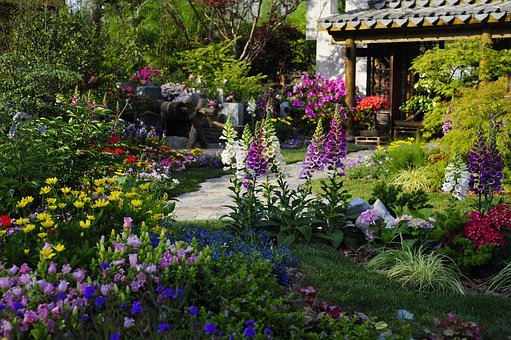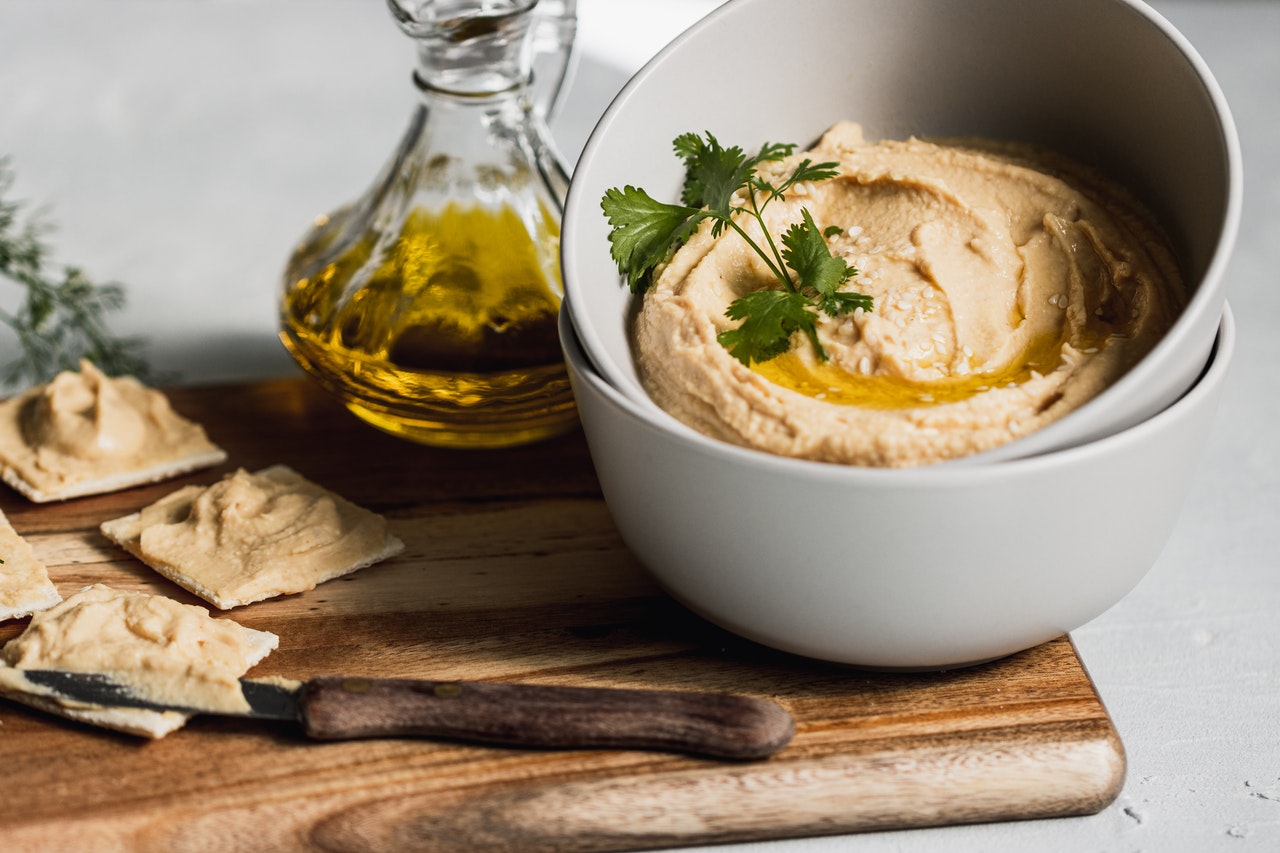This summer, we’ve spent more time in our garden than ever. Between lockdown, supermarket’s selling out of essential food, and the UK experiencing some of the hottest days in nearly 20 years, there’s never been a better time to grow your own vegetables and introduce a bit of life into your garden. If you’re looking to reduce your environmental impact and introduce some colour and food into your garden, we’ve collected some top tips and expert opinions on how to create the perfect back yard space.
Plant drought-tolerant vegetables
This summer has seen some of the longest and hottest days on record, and with climate change causing longer and hotter days in the years to continue, it’s important to adapt our growing habits to continue sustainable growth in our gardens. Luckily, vegetables that we may consider as the predominant icons of UK agriculture (and the dinner table) are hard-wearing when it comes to a bit of heat. The Royal Horticultural Society (RHS) recommends root vegetables if you’re looking for some low maintenance growth which keeps its cool in the heat of a drought. These include carrots, turnips, beetroot, and parsnips.
With root vegetables, while you can never be certain of your growing success until harvest, their maintenance is truly out of sight and out of mind. Furthermore, there are many health benefits to growing and eating your own root vegetables. Being below the ground, their contact with soil means that they are notably rich in vitamins and minerals. Minerals including potassium, zinc, and magnesium are parts of root vegetables and are considerable alternatives to meat in a balanced diet. They are also packed with vitamin A, also known as retinol, which functions to build the body’s natural defences against infection and disease – a very important concern as of late.
Encourage wildlife in your garden
More can be done to help wildlife to flourish in your garden, and it doesn’t require any specialist equipment – just sustainable, reusable, and natural objects that can be collected from your local park or woodland. Wildlife is an integral factor in encouraging biodiversity in your garden. It promotes pollination, deters harmful organisms, and brings an aspect of vitality to any outdoor space. The solutions are simple and easy to implement. Each quick fix will stimulate different results.
Rock garden
Small backyards or steeply sloping gardens will benefit the most from a rock garden. Stacking stones and gravel can help encourage wildlife and plants that are more suited to thin soil areas. Like root vegetables, these plant areas are very low maintenance and can survive well with a limited water supply. Additionally, rock gardens encourage the presence of mason bees, which act as an important polliniser in your garden, thus reinforcing further growth and diversity in your garden.
Decorative bark
Again, with the record hot days becoming a continual tradition of British summertime, retaining water and moisture in your garden is becoming vitally important. Garden bark not only has a decorative function, but it acts to prevent evaporation from the soil, discourages the growth of weeds, and over time, develops the quality of your soil. The potential uses of bark are numerous – as a pathway, a decorative edge for flowerbeds, or as a low maintenance surface area where it may be difficult to cut grass.
Deadwood means new life
Insects are an essential part of a sustainable and biodiverse garden. For example, ladybirds act as a natural pesticide by feeding almost exclusively on aphids (small flys) and red spider mites. By placing deadwood that you can collect from your local woodland, you will be encouraging the growth of ladybird and other beetle colonies that will act to preserve and protect your harvest. Furthermore, it can be used as hibernation grounds for small rodents like hedgehogs, especially entering into the autumn and winter months. Deadwood areas can provide a great rustic look for your garden, but they are also suitable out of sight.
Grow a variety of native plants
While any garden is beneficial to the environment by encouraging wildlife and growing your own vegetables, you may want to consider the environmental impact of creating your perfect backyard. By selecting plants and vegetables that are native to the UK, you are reducing the need to import shrubs and seeds from overseas. This in turn will reduce your environmental impact even further.
The benefit of planting native seeds and shrubs in your garden is simple – you are encouraging the growth of plants that are confirmed to grow well in your local area. This recognises that the plants that naturally surround you are already accustomed to the climate, pH level of the soil, and the wildlife that may feed off it. You may even be able to take cuttings of plants from your local woodland or park to cut costs. Even then, buying from a local grass store can also help the local economy and encourage more wildlife and sustainable growth in your local area.
Our gardens, lifestyle, and health have become a focus for all of us during this period. We have all become a little bit more appreciative of our back gardens – there’s no greater feeling than sitting on a wooden bench, enjoying what we have created. We’ve realised that we need to encourage the growth of biodiversity of our personal outdoor areas. Images of animals returning to their natural environments, the reduction of CO2 from the absence of cars on the roads, and holidays being cancelled over lockdown have highlighted the need to continue down the path of sustainability. Consulting with ecologists can provide valuable insights on how to enhance the biodiversity and sustainability of your garden. The steps we need to take are small but essential – and encouraging a biodiverse garden through natural means will be the way forward to enjoying our personal outdoor space and doing our bit for the planet.







